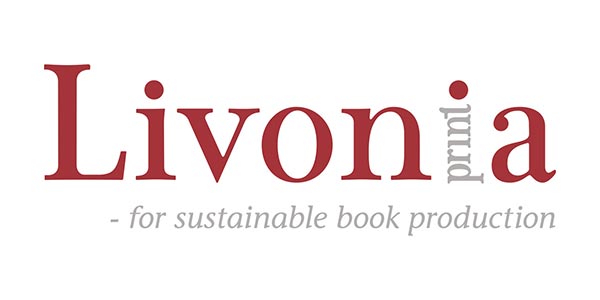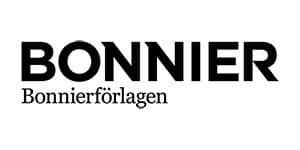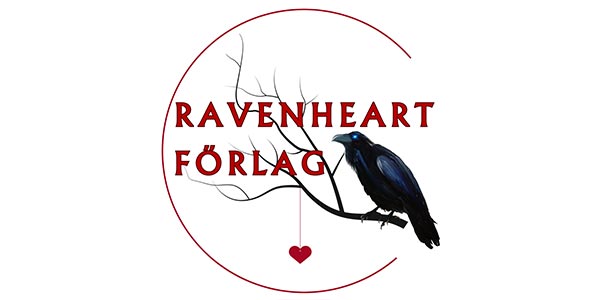
Cotton and cabaret : domestic economy and female agency in Burkina Faso

| Författare | |
|---|---|
| Förlag | Stockholm University |
| Genre | Samhälle, politik och debatt |
| Format | Häftad |
| Språk | Engelska |
| Antal sidor | 239 |
| Vikt | 499 gr |
| Utgiven | 2020-03-09 |
| SAB | M |
| ISBN | 9789177979722 |
Based on fieldwork undertaken in Burkina Faso in the mid-1990s, this study investigates the functioning of the domestic economy of smallholder cotton farmers with the overall aim of interrogating female agency. The thesis attempts to answer the following interrelated research questions: How were the smallholder domestic economies organized and how did they function? What were the mechanisms for economic inequality and social stratification? To what extent did
women benefit from cotton farming? What economic strategies were available to women? And finally, how could female agency be conceptualized in relation to the domestic unit under male headship?
Permeating the analysis is the insight that domestic economies of many West African farming societies consist of separate but interconnected economic domains, the “common” economy of the farming unit and the “individual” economies of its male and female members. It demonstrates that women have vested interest in both the common economy and in their individual and that women’s individual undertakings, to a large extent, are motivated by their gendered responsibilities towards their domestic group. The study argues for an agency concept which captures the different modes in which women exercise agency, both as individuals and as parts of social bodies.
As much as the context of Burkinabe cotton farming has undergone changes since the mid-1990s, this thesis has relevance beyond its historic contribution to ethnographic studies of West African cotton farming. Focusing as it does on the internal organization of the domestic economies of farmers, with special attention to gendered and other intersecting power relations, it provides essential background knowledge, empirical as well as theoretical, for understanding the
livelihoods of contemporary cotton farmers.
This is a doctoral thesis in Social Anthropology at Stockholm University, Sweden 2020.







